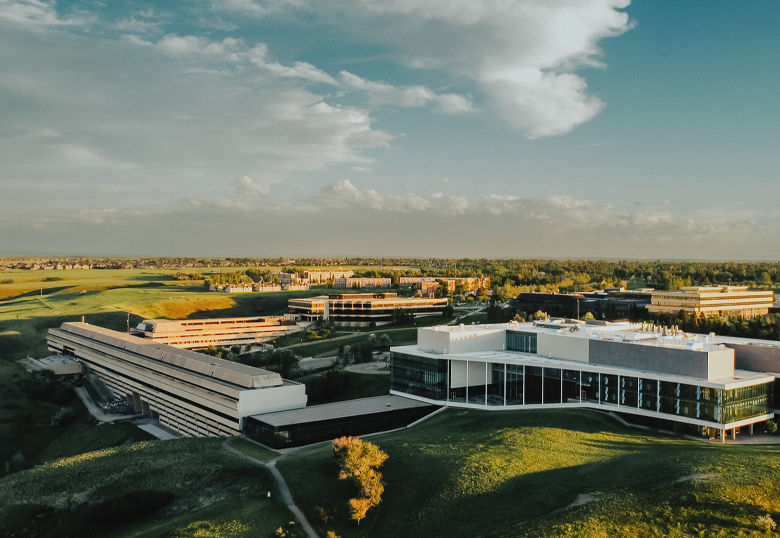Entrepreneurship skills and commercialization capacity for University of Lethbridge researchers earned a valuable boost today from the Government of Canada as $95.3 million of Lab to Market grants were announced in support of four networks of post-secondary institutions and organizations from private, public, not-for-profit and health services sectors.

Canadian researchers make discoveries with extraordinary potential. With the right tools and support, these ideas can become the next great innovations across all sectors of the economy and society.
The Honourable Terry Duguid, Minister of Sport and Minister responsible for Prairies Economic Development Canada, on behalf of the Honourable François-Philippe Champagne, Minister of Innovation, Science and Industry, made the funding announcement today. The grants will be administered by the Natural Sciences and Engineering Research Council of Canada (NSERC) in collaboration with the Canadian Institutes of Health Research (CIHR) and the Social Sciences and Humanities Research Council (SSHRC), alongside contributions from Mitacs.
“Lab to Market grants bridge the gap between research ideas and their translation into economic and social innovation. The four impressive networks will collectively offer tools and resources for researchers at all levels across the country to develop the skills they need to translate their great ideas into innovations for the benefit of Canadians,” says Alejandro Adem, FRSC, President, NSERC. “I can’t wait to see the results that will emerge from this new initiative!”
University of Lethbridge researchers are part of two collectives, including 30 colleges and universities that make up the Red River College Polytechnic — College-University Lab to Market Network for Entrepreneurship & Research Commercialization group; and the Lab2Market: Canada’s National Network for Innovation, Commercialization, and Entrepreneurship Skills Training of Students, Researchers, and Highly Qualified Persons led by Dalhousie University.
“Our researchers have demonstrated time and again that their work is world-leading, innovative and can drive economic advancement and societal change,” says Dr. Dena McMartin, ULethbridge vice-president (research). “These grants will open doors for them in terms of access to the tools, resources and expertise they need to transfer scientific, social, and service innovation to market or to community users.”
Among the supports available through the Lab to Market program are digital resources to enhance awareness and knowledge of commercialization processes, mentorship and business coaching, financial assistance, and opportunities for collaboration and sharing best practices.
“These skills are essential to bringing their great ideas forward and creating the positive societal impact we are all seeking to achieve,” she adds.
Quick facts
- The four networks are
- Red River College Polytechnic - College-University Lab to Market Network for Entrepreneurship & Research Commercialization;
- Dalhousie University - Lab2Market: Canada’s National Network for Innovation, Commercialization, and Entrepreneurship Skills Training of Students, Researchers, and Highly Qualified Persons;
- Simon Fraser University - National Invention to Innovation (i2I) Network;
- University of Guelph - Sustainable Food Systems for Canada Innovation Platform.
- The four networks bring together 243 partner organizations, collaborators and co-applicants across the country, from academia, private, public, not-for-profit and health services sectors.
- The Lab to Market grants initiative stems from the Government of Canada’s commitment in the 2022 Federal Budget to launch a new national program to help students and researchers take their work to market.
- The Lab to Market grants initiative is a collaboration among the Natural Sciences and Engineering Research Council of Canada (NSERC), the Canadian Institutes of Health Research (CIHR) and the Social Sciences and Humanities Research Council (SSHRC), on behalf of the Government of Canada.
